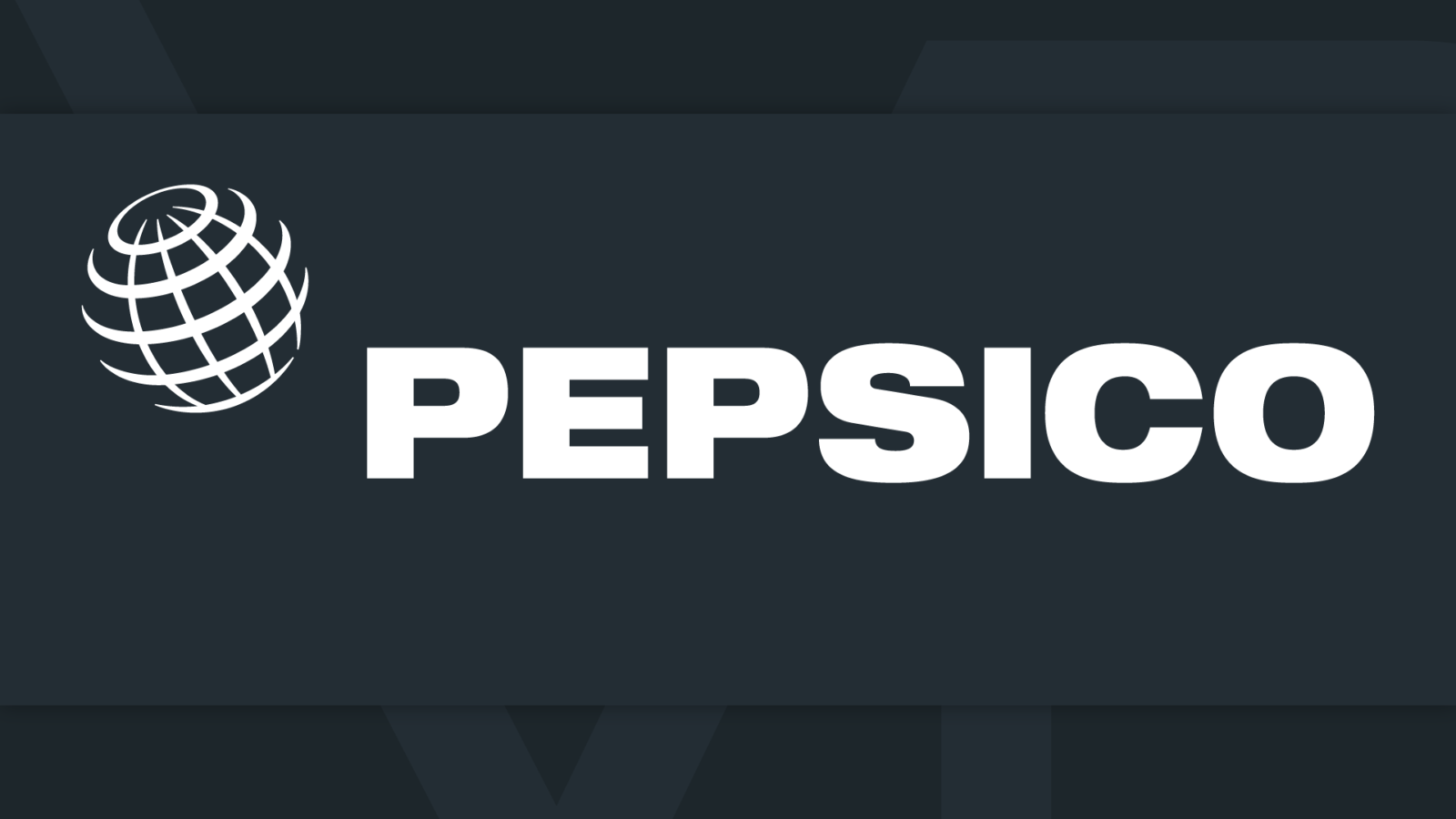PepsiCo South Africa, the company behind popular brands like Lay’s and Simba, has announced a major expansion of its Isando factory in Gauteng. This includes the installation of a state-of-the-art potato chip production line, representing a R746 million investment to meet growing snack food demand across Southern Africa.
Boosting Capacity and Creating Jobs
The expansion will create 100 new jobs and strengthen PepsiCo’s ability to serve the increasing appetite for its products. According to the company, the strategic location of the Isando facility near Johannesburg’s potato-growing regions will eliminate the need for long-distance transportation of chips from their Parow and Durban plants.
This logistical improvement is expected to significantly lower transportation costs and carbon emissions, saving over 2.2 million kilometers and reducing 2,300 cross-country shipments annually.
Enhanced Production and Efficiency
Currently, PepsiCo South Africa operates four production lines across three high-capacity plants, a setup retained after the company’s R24 billion acquisition of Pioneer Foods in 2020. The new production line at Isando will increase capacity, reduce strain on existing plants, and streamline supply chains.
“Expanding our potato chip production capacity is an important move to meet the growing demand for South Africa’s much-loved snacks,” said Riaan Heyl, CEO of PepsiCo South Africa. He emphasized the investment’s role in job creation and operational innovation, ensuring the delivery of high-quality products.
Supporting Local Businesses and Sustainability
The installation of the new production line involved local suppliers, creating additional indirect jobs that benefit small and medium-sized enterprises in the region. “This investment aligns with our long-term strategy to innovate and grow sustainably, ensuring we remain a leading food and beverage company in South Africa,” Heyl added.
To further its commitment to sustainability, PepsiCo has partnered with the Department of Trade, Industry, and Competition to invest R100 million in an anaerobic digester plant at the Isando facility.
Championing Sustainability with Renewable Energy
The anaerobic digester converts organic waste, such as rejected potatoes and peels, into biogas. This biogas fuels a gas-fired engine that generates up to 780kW of electricity, covering approximately 30% of the plant’s peak energy needs.
“These combined investments drive efficiency while championing sustainability in support of our PepsiCo Positive strategy,” said Heyl. “This isn’t just a business strategy—it’s a transformative journey across our operations, from production to marketing to distribution.”
PepsiCo’s investments underscore its commitment to sustainable growth, local economic empowerment, and environmental responsibility, ensuring its operations benefit both communities and the planet.

















